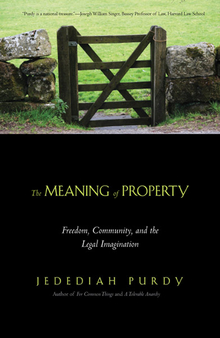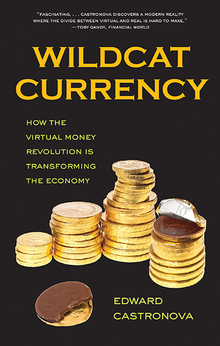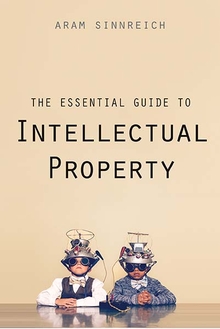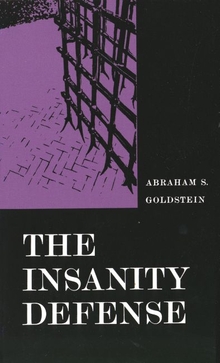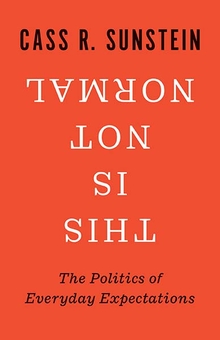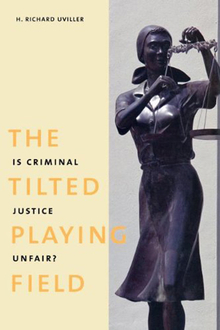The Meaning of Property
WARNING
You are viewing an older version of the Yalebooks website. Please visit out new website with more updated information and a better user experience: https://www.yalebooks.com
Freedom, Community, and the Legal Imagination
Jedediah Purdy
From the bestselling author of For Common Things, a brilliant and ambitious rethinking of the meaning of property in democratic society
In his latest book, Jedediah Purdy takes up a question of deep and lasting importance: why is property ownership a value to society? His answer returns us to the foundations of American society and enables us to interpret the writings of the patron saint of liberal economics, Adam Smith, in a wholly new light.
Unlike Milton Friedman and other free-market scholars, who consider property a key to efficient markets, Purdy draws upon Smith’s theories to argue that the virtues of wealth are social rather than economic. In Purdy’s view, ownership does much more than shield one from government interference. Property shapes social life in ways that bring us closer to, or take us farther from, the ideal of a community of free and equal members. This view of property is neither libertarian nor communitarian but treats the community as the precondition of individual freedom. This view informed U.S. law in the early days of the republic, Purdy writes, and it is one that we need to restore today.
Touching upon some of the most charged issues in American politics and law, including slavery, inheritance, international development, and climate change, The Meaning of Property offers a compelling new view of property and freedom and enriches our understanding of democratic society.
“Once again, one of America’s most talented and promising legal and social scholars has given us an essential critical map of an essential part of American imagination.”—Lawrence Lessig, Harvard University, author of Remix
“Jedediah Purdy gives us a sweeping and insightful look at how the founders of our Republic understood property – not as a means of allocating resources more efficiently or promoting economic growth and investment, but as a foundation stone of liberty and democracy. With this fundamental insight, Purdy gives new meaning to a host of issues that have perplexed and divided the nation. A wonderful contribution.” ––Robert B. Reich, University of California at Berkeley
"In this sparkling and penetrating intellectual tour de force, Jed Purdy gives fresh meaning and purpose to Adam Smith's insight that a legal institution—property—could be the key element in a vision of social life that integrates the values of prosperity, freedom and virtuous character." —Robert W. Gordon, Chancellor Kent Professor of Law and Legal History, Yale University
“In this book, Purdy treats us to a brilliant and refreshing account of the intellectual strands that make up our conceptions of property. The Meaning of Property will be required reading for anyone seeking a fuller understanding of contemporary property debates.”—Eduardo Peñalver, Cornell Law School
Publication Date: February 22, 2011

